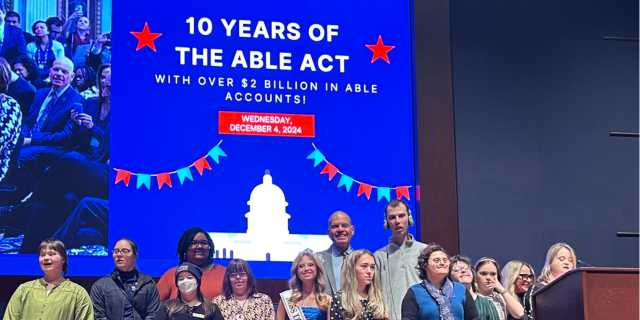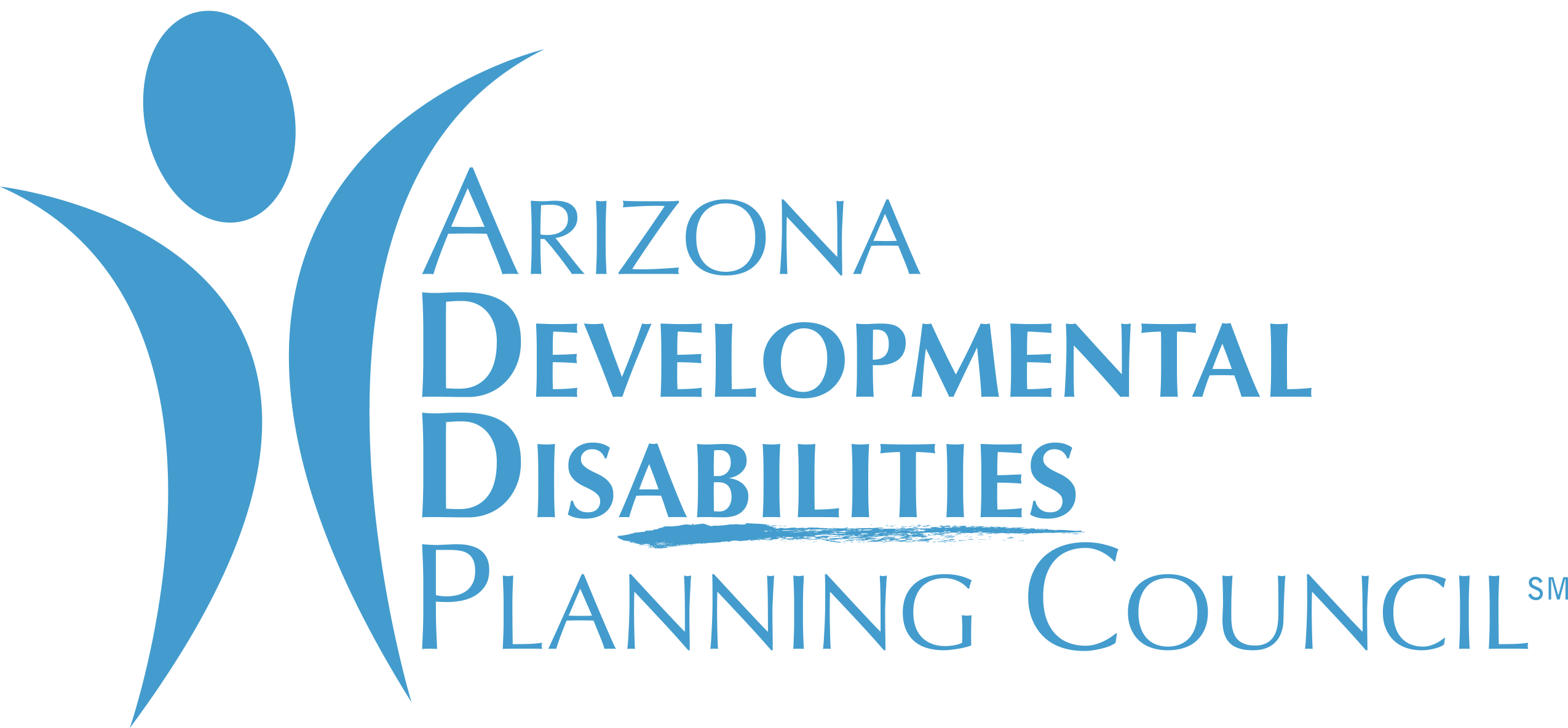Policy Perspective - December 2024 Arizona Policy Update

Committee Chairs Announced
The Arizona Legislature has announced committee Chairs and Vice Chairs for the 2025 Session:
AZ Senate
|
AZ House
|
Appropriations Committee: Chair: David Livingston |
Commerce Committee: Chair: Jeff Weninger |
|
Education Committee: Chair: Matt Gress |
Federalism, Military Affairs, & Elections Committee: Chair: John Gilette |
|
Government Committee: Chair: Walt Blackman |
Health and Human Services Committee: Chair: Selina Bliss |
|
International Trade Committee: Chair: Tony Rivero |
Judiciary Committee: Chair: Quang Nguyen |
|
Land, Agriculture, and Rural Affairs Committee: Chair: Lupe Diaz |
Natural Resources, Energy, and Water Committee: Chair: Gail Griffin |
|
Public Safety and Law Enforcement Committee: Chair: David Marshall |
Rules Committee: Chair: Laurin Hendrix |
|
Transportation and Infrastructure Committee: Chair: Leo Biasucci |
Science and Technology Committee: Chair: Beverly Pingarelli |
|
Ways and Means Committee: Chair: Justin Olson |
International Disability Pride Day and Department of Labor Proposal
Every year, on December 3, nations around the world celebrate International Disability Pride Day. More than one billion disabled people have made incredible contributions internationally — propelling us all forward in the pursuit of progress. More than 180 nations have passed laws recognizing their commitment to equitable justice and opportunities for people with disabilities.
Also on December 3 of this year, the U.S. Department of Labor announced a proposed rule that would gradually phase out certificates over three years that permit employers to pay workers with disabilities less than the full minimum wage. Staffers at DOL are proposing that the certificates are no longer needed in today’s marketplace and available services for people with disabilities.
The proposed rule would do the following:
- Cease the department’s issuance of new Section 14(c) certificates starting on the effective date of a final rule.
- Institute a three-year period beginning on the effective date of a final rule for employers holding existing Section 14(c) certificates to gradually cease paying subminimum wages to workers with disabilities.
The Fair Labor Standards Act, which established a federal minimum wage in 1938, has always allowed for exceptions for disabled workers. The provision was initially intended with wounded veterans in mind, but today more than 90 percent of those receiving the disabled subminimum have an intellectual disability. To obtain an exception, an employer must receive a waiver from the Labor Department. More than 90 percent of these waivers go to community rehabilitation nonprofits, but they also go to fast-food establishments, grocery stores, schools, and hospitals, where the disabled are employed as groundskeepers, janitors, and food service workers.
ABLE Tenth Anniversary Celebration
On December 4, the White House celebrated the 10th Anniversary of the Stephen Beck Jr. Achieving a Better Life Experience (ABLE) Act at the U.S. Capitol Visitor Center.
ABLE accounts are savings and investment tools built specifically for people with disabilities that allow them to save money without impacting public benefits. The Stephen Beck Jr. Achieving a Better Life Experience Act was passed by Congress in December 2014; the Arizona Legislature passed House Bill 2388 in 2017 and individuals could begin enrolling in the AZ ABLE Program on March 5, 2018.
ABLE accounts can be a way to save money without losing your benefits. The money in the ABLE account can be used for “Qualified Disability Expenses," which must relate to your disability.
Some examples include:
- Housing and Rent
- Assistive Technology
- Basic Living Expenses
- Financial Management
- Transportation
- Health & Wellness
- Education
- Legal Fees
For more information on ABLE accounts, and to see if you are eligible to open one, go to https://az-able.com/
The EASE with 211 Act
On Nov. 21, Senator Cory Booker (D-NJ) introduced legislation to expand and improve access to critical support services for individuals with autism and other developmental disabilities. The EASE with 211 Act (Enhancing Access to Support and Emergency Services for Individuals with Developmental Disabilities through 2-1-1) would establish a grant program through the Department of Health and Human Services (HHS) to help states expand the capacity of 2-1-1 services to better support individuals with developmental disabilities.
“Improving and increasing the capacity of 2-1-1 services to serve individuals with developmental disabilities will help reduce the burden that so many individuals with developmental disabilities, their families, and caregivers face when trying to find the resources that they need," said Sen. Booker.
The 2-1-1 system is a nationwide network of community service programs providing free and confidential information and referrals to callers on where to obtain assistance from local and national social service programs, government agencies, and non-profit organizations. In Arizona, that resource is found online at https://211arizona.org/
Happy Holidays from all of us at the Arizona Developmental Disabilities Planning Council!






